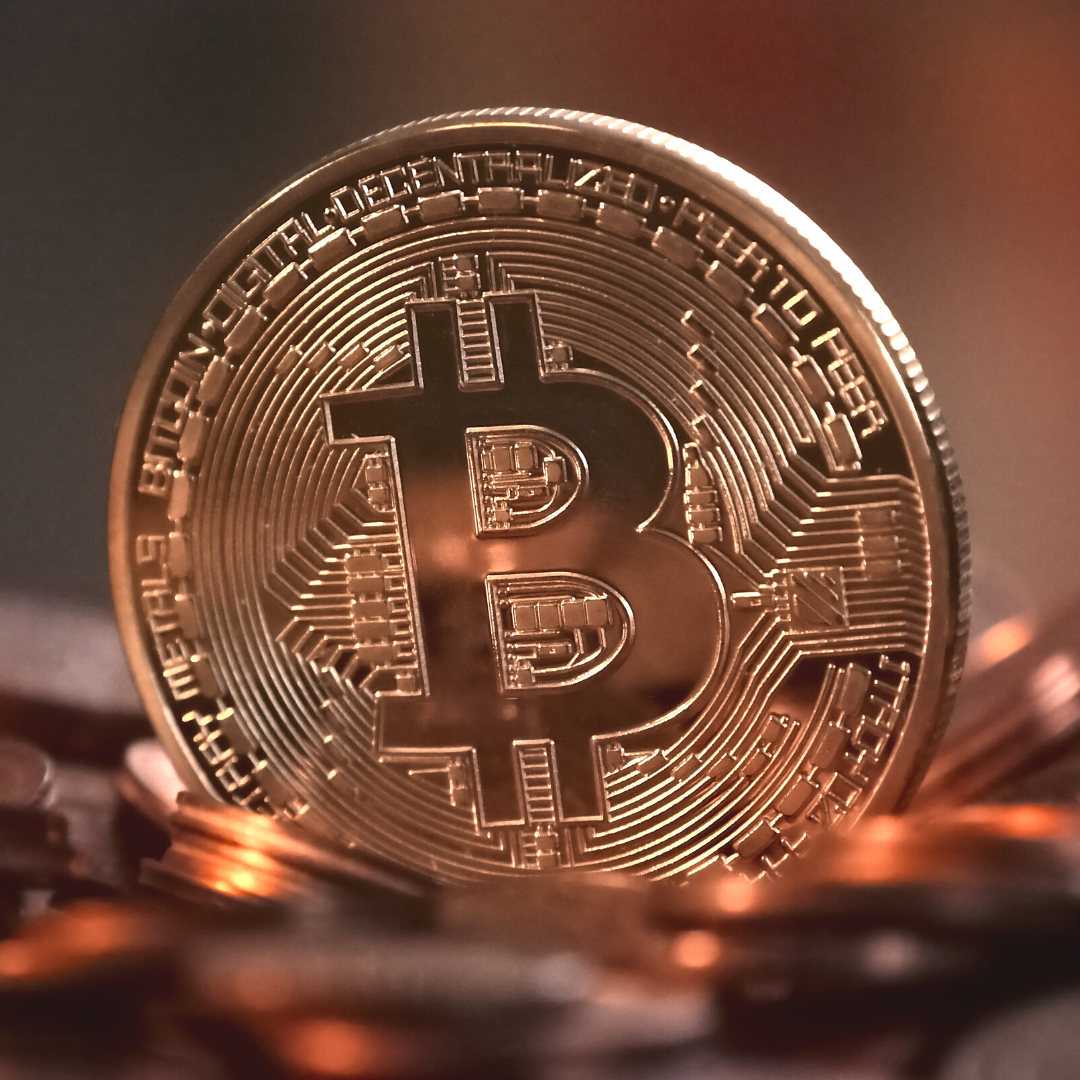Bitcoin in 2021
 There is a limit to the number of bitcoins--21 million in total, with about 2 million left to be mined. Presently, there are about 900 new bitcoins per day. As more are found, the hash target becomes increasing harder to hit and it becomes asymptotically harder to find additional bitcoins. It will be the year 2140 before the last one is finally found. There's investment and reward in the effort: Russia just took delivery of a 70 MW crypto mining farm. It is said that almost 65% of the cryptomining resources are in China. Bitcoin broke $50,000 on Tuesday. Elon Musk bought $1.3 billion in bitcoin a couple weeks ago, when it was already over $40,000. Projections are for $500,000 per bitcoin.
There is a limit to the number of bitcoins--21 million in total, with about 2 million left to be mined. Presently, there are about 900 new bitcoins per day. As more are found, the hash target becomes increasing harder to hit and it becomes asymptotically harder to find additional bitcoins. It will be the year 2140 before the last one is finally found. There's investment and reward in the effort: Russia just took delivery of a 70 MW crypto mining farm. It is said that almost 65% of the cryptomining resources are in China. Bitcoin broke $50,000 on Tuesday. Elon Musk bought $1.3 billion in bitcoin a couple weeks ago, when it was already over $40,000. Projections are for $500,000 per bitcoin.
The US dollar has been the world's reserve currency for a century, even as the US has heaped on debt for wars and social programs. Other alternatives--the euro or the Yuan each have problems that continue to favor the dollar; the Euro zone is crumbly and has debts, too; China's currency has been tightly controlled by the government and there is a trust deficit for Chinese policy. This past year, with the United States' COVID 19 response, the US debt became larger than its economy. This makes the dollar just a little bit more risky as a reserve currency.
In January, it became illegal for you to personally trade in cryptocurrencies if you are a resident of Nigeria. The ban expands a list that includes China, Iran, Bolivia, Nepal, Bangladesh, Ecuador and Morocco. Cryptocurrency trading is still allowed in the US, but you are now required to indicate whether you have traded in cryptocurrencies on your tax return. The public argument against cryptocurrencies is that crypto is tender for criminal activities, and that it is difficult to track and tax. Alternative Central Bank Digital Currencies are likely to be introduced and sanctioned instead. They can be tracked. They will be centrally managed, unlike Bitcoin. They're digital fiat money. Bitcoin isn't.
Why do China, Russia, North Korea, (possibly) the United States want to be dabbling in Bitcoin? As is the case for you and me, there's a speculative upside. But there is also a possibility that Bitcoin will become a bona fide reserve currency--a place to park value. The prices will stabilize. Fiat currencies will weaken as money is converted into crypto. Like a game of musical chairs, when the music stops, some countries and individuals will have larger shares of the reserve currency. And if Bitcoin becomes that important, the effort spent gathering up Bitcoins today will affect the wealth of nations tomorrow.
Crypto trading rides on top of digital networks, and these are subject to tampering. I will address the network vulnerabilities for crypto trading in a future blog entry.
-Kevin Dowd